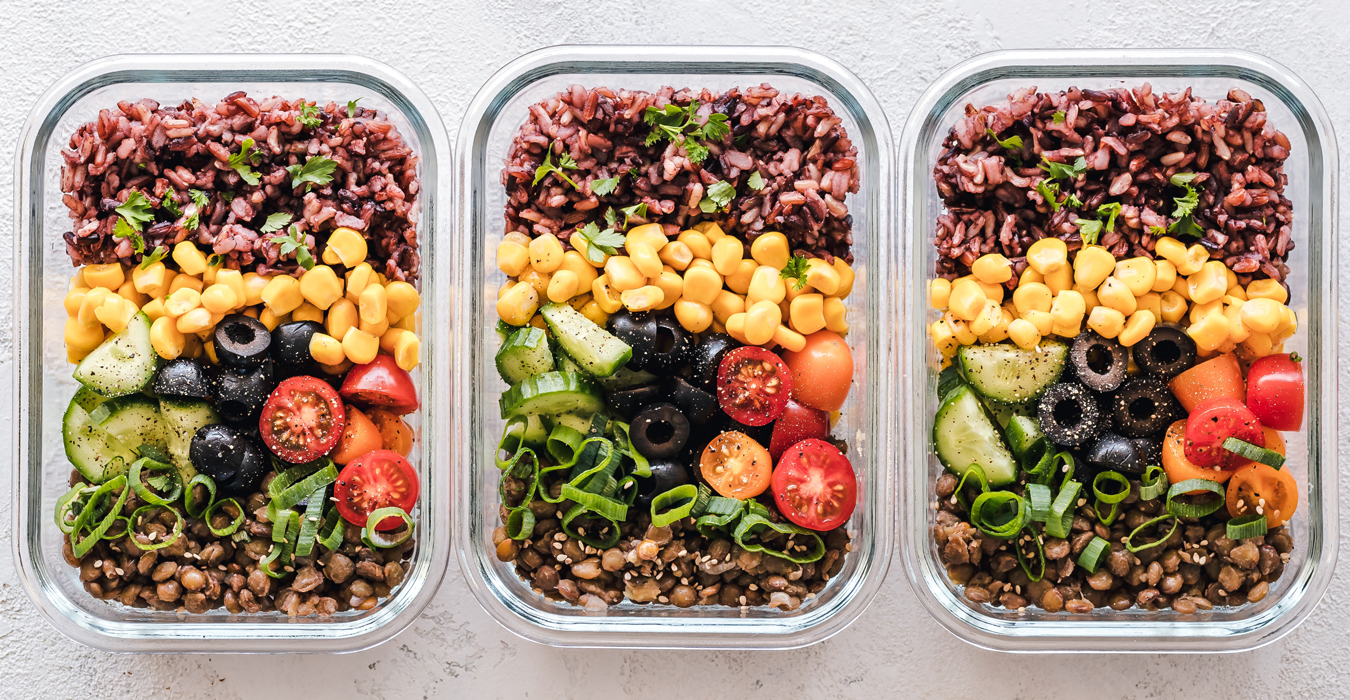
Coach’s Corner: Eat to Grow
By: Gina Cavaliero,
IFBB Women’s Body Builder PRO
You hear the statement often, you got to eat to grow. This seems to be a very challenging concept in bodybuilding for many athletes and women in particular seem to struggle with it the most.
It’s not a complex concept. If the body isn’t provided with the essential elements to grow new lean mass, it’s simply not going to be able to grow new muscle. What are those essential elements?
Basically there are four essential elements: resistance training, caloric inputs, hormones and rest, each of which play a vital role.
By causing muscle tension, muscle damage and metabolic stress, resistance training and progressively overloading the muscle will produce muscle growth. The vast majority of bodybuilders have this element mastered and spend day after day in the gym doing the necessary muscle damage to make their bodies grow.
However, here’s the kicker, if the muscular damage being generated is not provided the proper amount of caloric support, growth can’t occur.
Muscle growth only occurs when the rate of muscle protein synthesis is greater than the rate of muscle protein breakdown. I’ll say that again. If the protein synthesis exceeds the protein breakdown, we get more muscle.
Conversely, if the protein synthesis that occurs from protein inputs is less than the breakdown, yep, you guessed it, we have muscle mass loss. Easy now, don’t panic.
In off or ‘growth’ season, this doesn’t mean you are losing your gains if you are not eating enough but rather it means you aren’t growing either.
We do however see this catabolic condition occur in prep when the nutrition is in a long term deficit and outputs are high. In growth season comparatively, inputs should be higher so we can ensure they exceed the outputs and as a result grow new muscle.

The four elements required for muscle growth are all equally important. If any one element is missing or not provided in the right concentration, the process doesn’t work well. While each easily could have an article dedicated to them, we are just going to focus on the caloric input element or the food. In a very over simplified analogy, the food is the bricks in a brick wall.
Our mason may have the mortar, the cement mixer and his trowel but if we don’t provide the mason enough bricks, he won’t be able to build us the size wall we want. However this is where many athletes fall short and don’t supply the mason with enough bricks.
The concerns about overeating and gaining too much fat often end up paralyzing the process and construction grinds to a halt. Before we know it, the mason is taking a prolonged break sitting on a paint bucket while we are still paying him to work. Athletes need to understand that invariably there will be some fat gains but with the proper combination of macros and cardio, those fat gains can be managed and controlled and our mason can get back to work.
Many years ago, I met a woman who was instrumental in my bodybuilding journey.
Rosanne and I became training partners and when she suggested I would do well as a bodybuilder, that was all I needed to hear. Back then I knew little of what was needed to build muscle and just followed Rosanne’s lead. She was an amateur WPD athlete that had been competing for 20 something years pursuing what had become a very elusive pro card.
Rosanne had a solid physique but she lacked size. After some time, I learned she was terrified of gaining fat and remained very lean year round. While she always had a six pack, Rosanne never grew or was able to improve her physique or bring up lagging body parts.
I lost touch with Rosanne until several years later when I ran into her at Masters Nationals in Pittsburgh. I was amazed. Rosanne had grown!

I asked her what she had done differently to which she replied, I ate! When over two decades of constant dieting had compromised her metabolism, she sought the help of a coach who not only helped reverse her metabolic damage but convinced her that she needed to eat in a surplus if she was ever to improve her physique and add lean mass.
The coach’s advice worked so well that I watched as Rosanne won her pro card after 25 years as an amateur bodybuilder.

Rosanne’s story is probably one of the extremes in our sport, but I often hear athletes speak about struggling with balancing eating enough to grow and not overeating or over indulging and basically getting too fat in their growth season. Invariably, unfortunately there is going to be a fat gain with the lean mass gain. Some suggest that the average is a 1:1 ratio of muscle to fat but that with a highly metered clean bulk, that ratio could be more like 2 or 3 pounds of muscle to 1 pound of fat.
Regardless of the ratio, there is undeniably going to be a fat gain if you expect to grow any muscle. This bodybuilding truth seems to be what causes many athletes to fail to make progress as they are unwilling to allow the fat that comes with increasing muscle mass. For many there is a common denominator of a history of being overweight. Overcoming weight and health issues is a huge triumph and for most takes a lengthy transformation.
Understandably, it’s not a condition they care to risk revisiting. There’s a very real psychologically rooted fear driving this unwillingness to consume enough food. Fear however can be very paralyzing and in this case, it immobilizes their ability to progress and improve in this sport.
How then can athletes overcome this fear and have a healthy growth or improvement season and bring up lagging body parts without blowing out the buns or the belly?
First, have a nutrition plan in place that begins with a post show reverse diet. Very often in the first few weeks after a competition, binge eating and basically eating anything or everything with reckless abandon leads to significant fat gains and fat that literally took months to take off, comes back in a couple or few weeks.
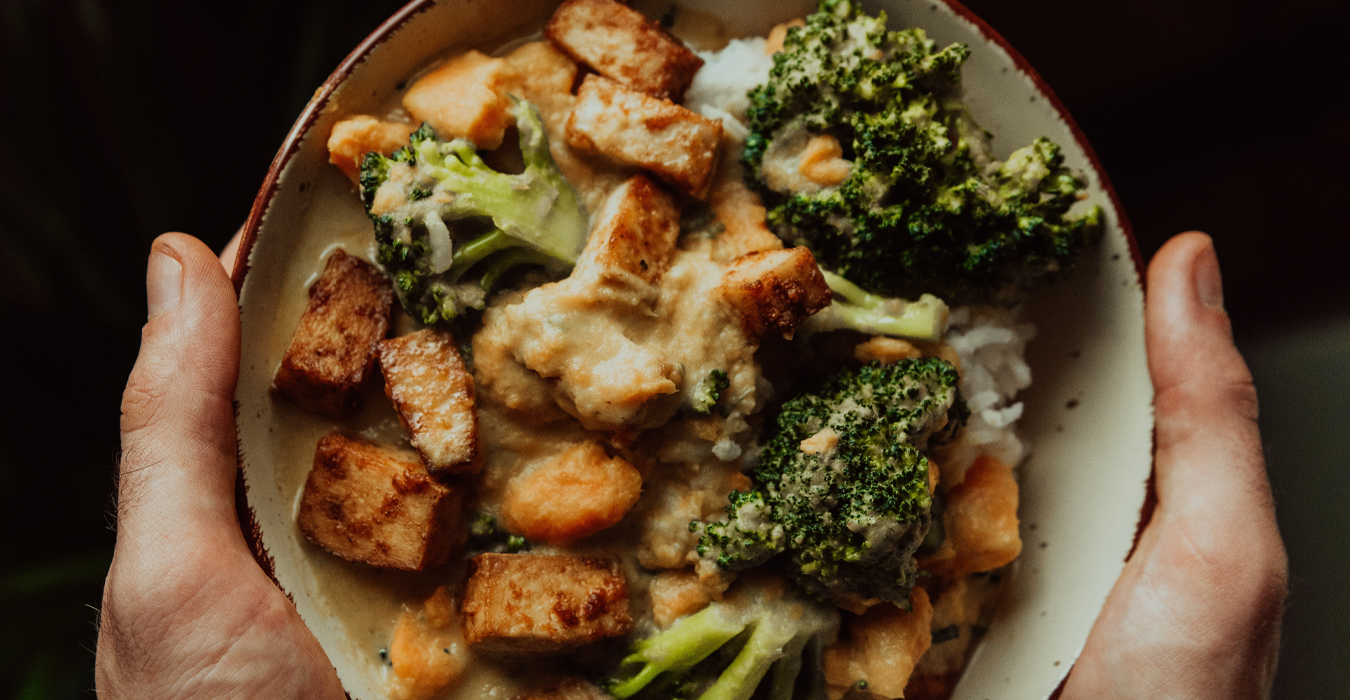
The post show celebration meal and even enjoying a day or even two of off diet temptations is ok. One or two days isn’t going to wreck your physique and make you fat, however depending on what you consume, a week or a few certainly can and will. Just as you taper down your food leading into the show, tapering up your food is the way to successfully modulate that post show gain. This is the concept of the reverse diet and is a strategic nutrition plan that slowly increases your caloric intake over a few weeks or possibly a couple months. While it allows you to eat more food and acclimates your metabolism to managing a higher calorie load, it also prevents gaining unwanted fat.
Let’s assume you managed the post show diet phase well. The next challenge is now eating enough to enable gains while also not eating so much as to grow too much fat. This is where continuing to follow a diet plan coupled with cardio works. Some coaches and athletes have the opinion that cardio is only for competition prep and dieting. They reason that if cardio is done during the off season, it will necessitate even more cardio during the ‘in’ season or prep. While it’s true the body will be conditioned to a certain level of cardio performed, it doesn’t negate its effectivenessin prep.
Cardio is simply a way to elevate one’s caloric output so the caloric input can be managed and increased. Interestingly many athletes manage their growth season themselves and only use a coach for prep. I think having a coach and someone to hold an athlete accountable in growth season is as important as in prep.
How many times have you heard a good prep is built off a good off season? As a coach, I view growth season much like I do prep but just in the opposite way. Instead of slowly and methodically decreasing carbs and fats to enact a loss, in growth season, the exact reverse is done.
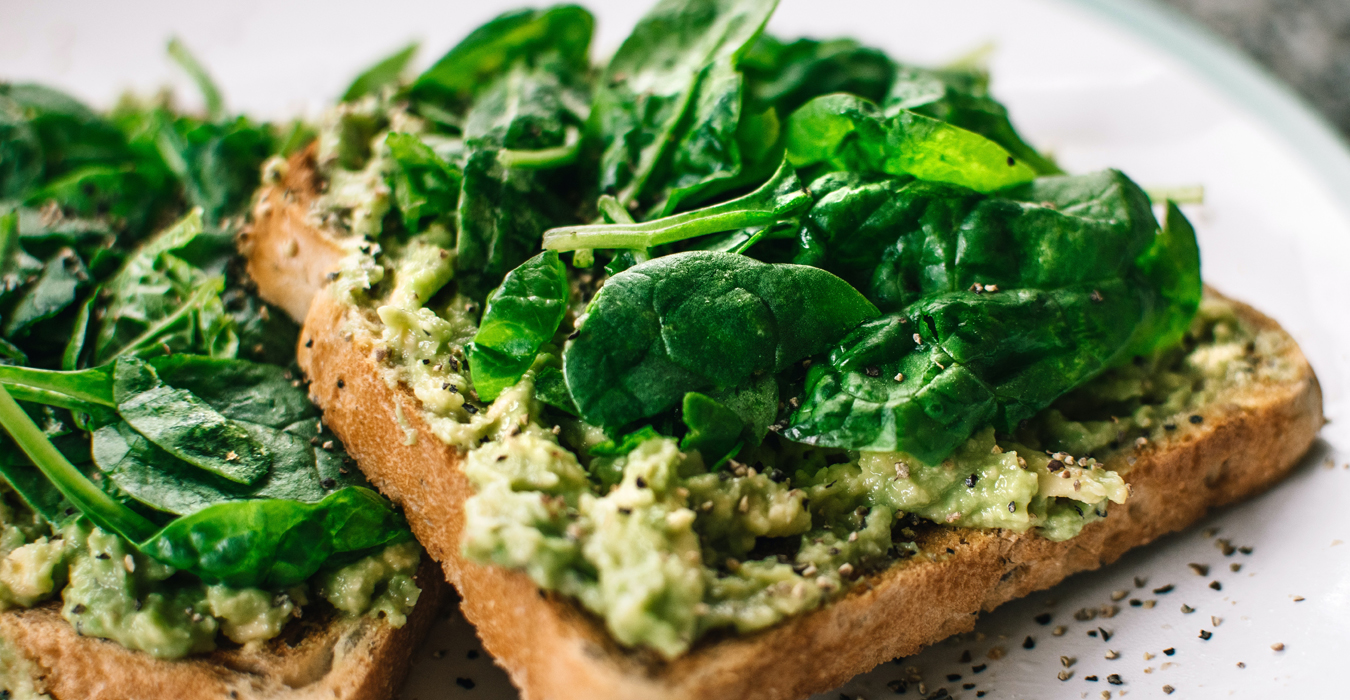
Slowly those macros are increased to enact a precisely managed gain instead of a loss. As to cardio, regardless of season, it’s a tool to manage fat whether it’s to decrease it or keep it from increasing.
Some may balk a bit about being on a diet plan year round but this is where it’s important to allow yourself some leniency. While we don’t want to deviate from the plan while in competition prep, in improvement season, alternates and substitutions are allowable and even encouraged.
This is where I say you have to live a bit and also bring some balance into your life and diet routine. If you have 60g of carbs composed of oats in meal 1, have a bagel or whole grain bread in the equivalent amount of carbs. Also allow a free or cheat meal at least once a week by building that allowance into your weekly caloric intake.
It’s important to use this time to enjoy some off plan food and treats as long as it’s done moderately and responsibly. Ideally this will allow for some serious gains while also allowing your brain and pallet a much needed break.
When it’s then go time in prep, you have hopefully had some off season food fun and enjoyment that will make for a successful, disciplined prep.
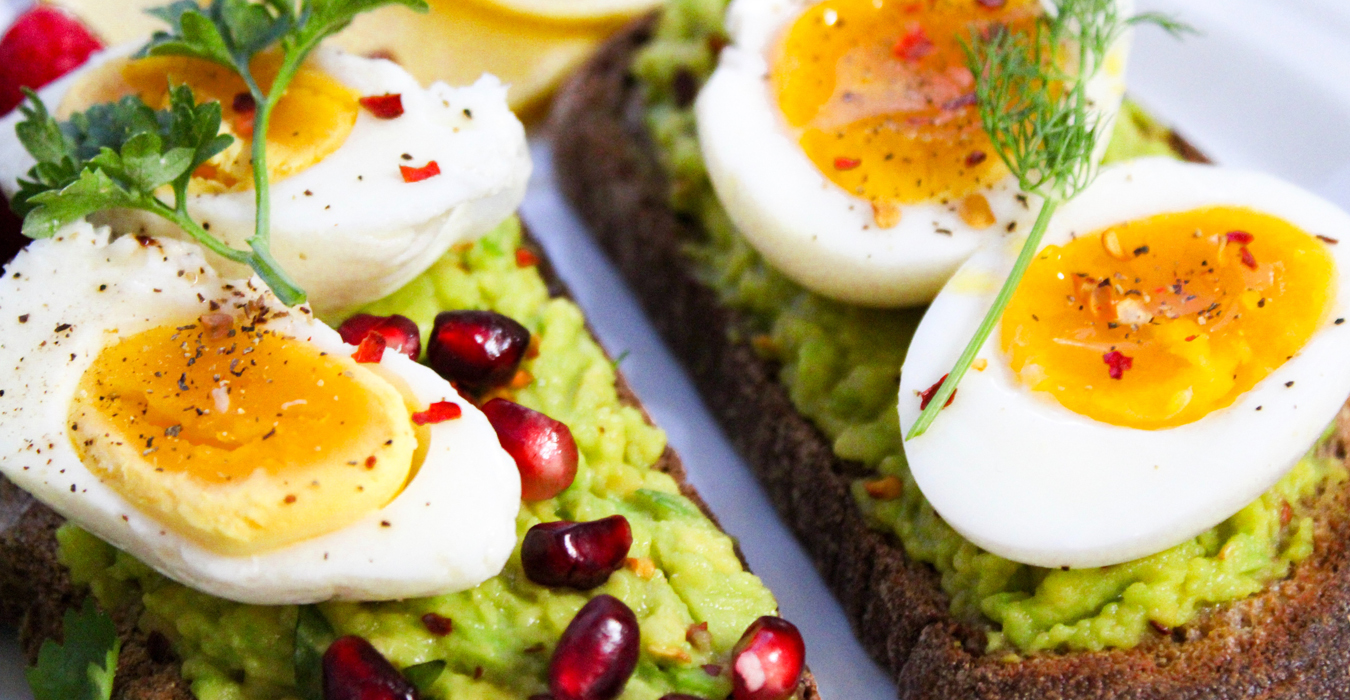
There is no avoiding that bodybuilding is a year round lifestyle and commitment but there are ways to make that commitment more feasible, your experience more enjoyable and ultimately your gains more glorious.
Let’s assume you managed the post show diet phase well. The next challenge is now eating enough to enable gains while also not eating so much as to grow too much fat. This is where continuing to follow a diet plan coupled with cardio works.
Some coaches and athletes have the opinion that cardio is only for competition prep and dieting. They reason that if cardio is done during the off season, it will necessitate even more cardio during the ‘in’ season or prep.
While it’s true the body will be conditioned to a certain level of cardio performed, it doesn’t negate its effectiveness in prep. Cardio is simply a way to elevate one’s caloric output so the caloric input can be managed and increased. Interestingly many athletes manage their growth season themselves and only use a coach for prep.
I think having a coach and someone to hold an athlete accountable in growth season is as important as in prep. How many times have you heard a good prep is built off a good off season?
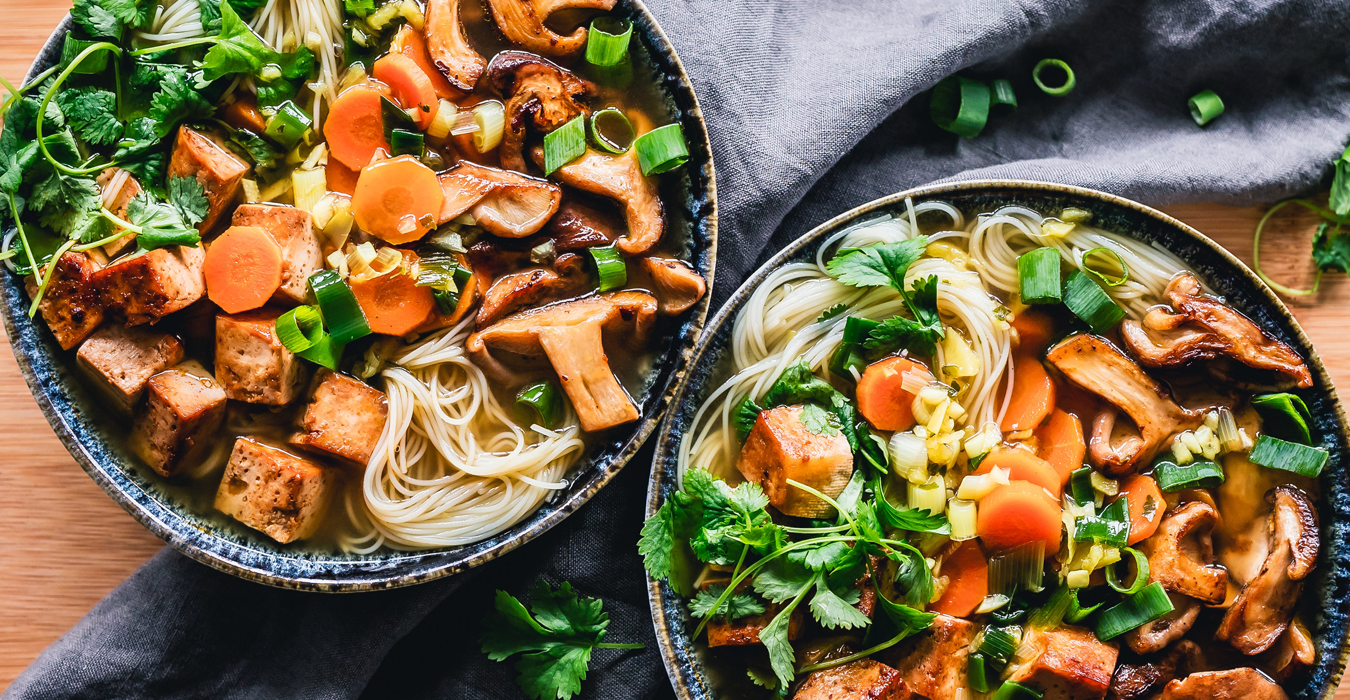
As a coach, I view growth season much like I do prep but just in the opposite way.
Instead of slowly and methodically decreasing carbs and fats to enact a loss, in growth season, the exact reverse is done. Slowly those macros are increased to enact a precisely managed gain instead of a loss. As to cardio, regardless of season, it’s a tool to manage fat whether it’s to decrease it or keep it from increasing.
Some may balk a bit about being on a diet plan year round but this is where it’s important to allow yourself some leniency. While we don’t want to deviate from the plan while in competition prep, in improvement season, alternates and substitutions are allowable and even encouraged. This is where I say you have to live a bit and also bring some balance into your life and diet routine.
If you have 60g of carbs composed of oats in meal 1, have a bagel or whole grain bread in the equivalent amount of carbs. Also allow a free or cheat meal at least once a week by building that allowance into your weekly caloric intake. It’s important to use this time to enjoy some off plan food and treats as long as it’s done moderately and responsibly.
Ideally this will allow for some serious gains while also allowing your brain and pallet a much needed break. When it’s then go time in prep, you have hopefully had some off season food fun and enjoyment that will make for a successful, disciplined prep. There is no avoiding that bodybuilding is a year round lifestyle and commitment but there are ways to make that commitment more feasible, your experience more enjoyable and ultimately your gains more glorious.

About the author:
IFBB Pro Woman’s Bodybuilder and Coach Gina Cavaliero has been a competitive athlete for a decade, winning her pro card at the Ms International and becoming the Ms International Lightweight Champion. She’s been a fitness professional and coach since 2016 and has coached both the 2 time Women’s Bodybuilding World Champion as well as multiple Olympians. Gina still actively competes but her true passion is guiding other athletes to achieve their full potential, best physique and then dominate the stage. Follow @ginacavaliero on IG.
September 30, 2023

